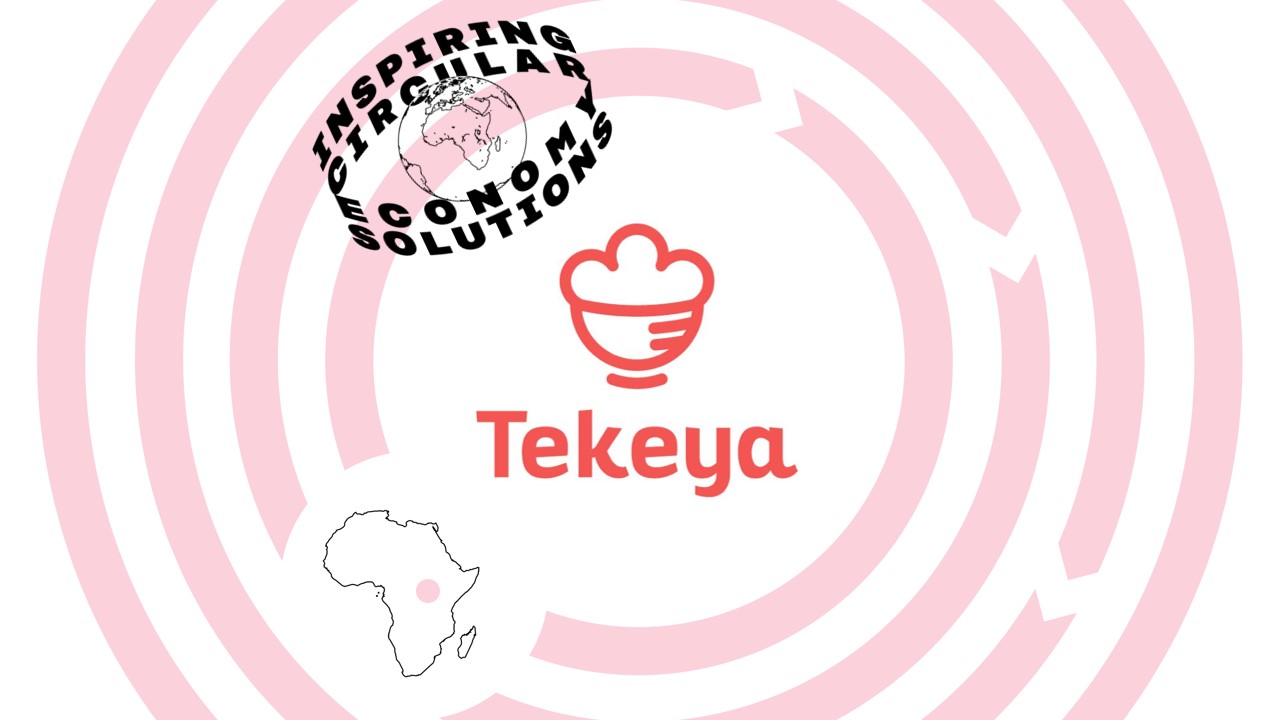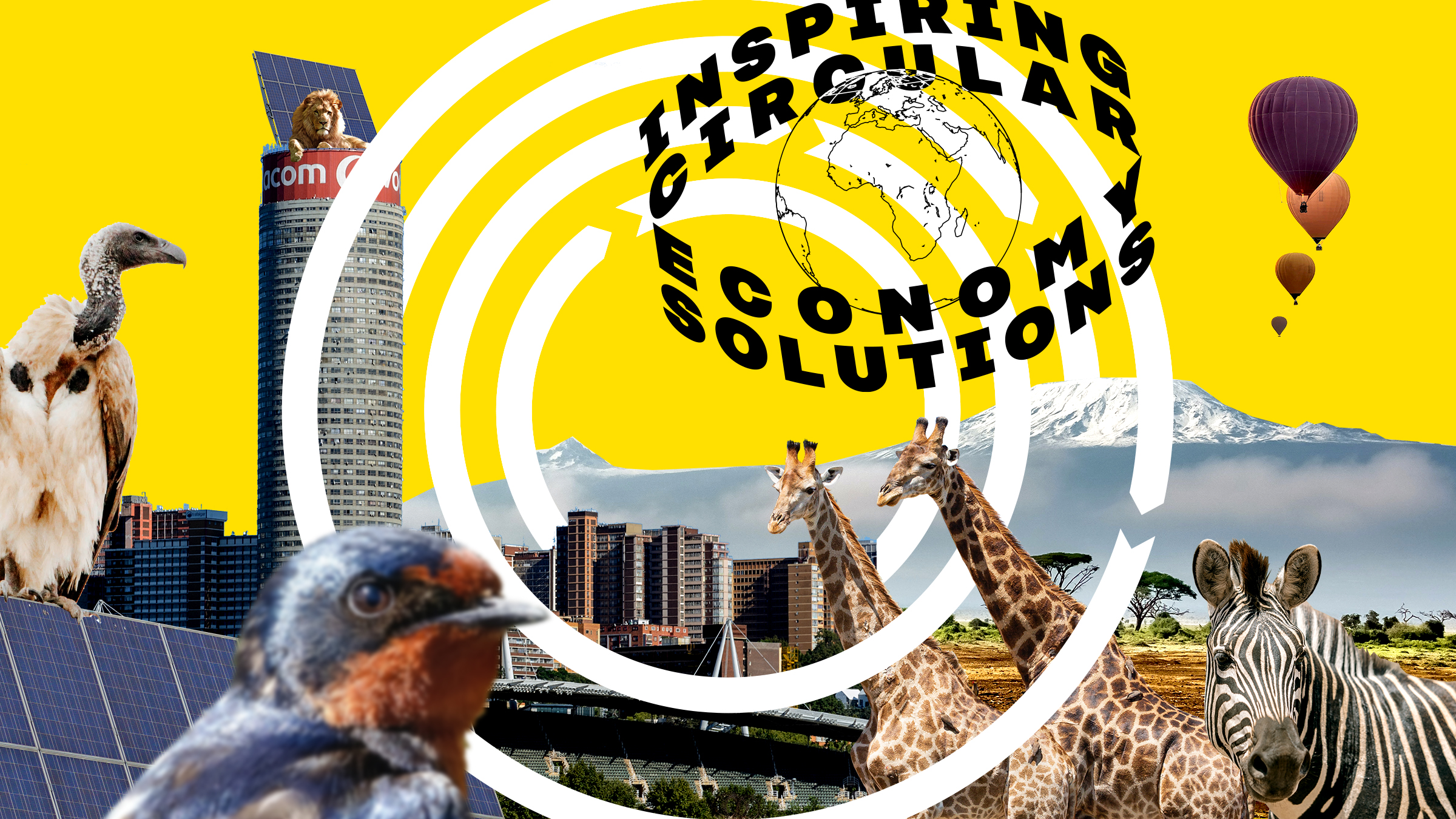Prudent grocery shoppers often check their store’s discount bin to see if they have marked down any food before it expires. But what if you could have this information not just from one grocery store, but from every store and restaurant in your area? This was the idea behind the Tekeya app.
Problem
In Asia, the Middle East and Africa, people throw away about 250 kilograms of food annually, much of it still perfectly edible. Islamic areas see a significant jump in food waste during Ramadan as people fast.
Discarded food is a huge waste of the water, energy and resources that went into growing, harvesting, processing and shipping it. Additionally, the UN says approximately 21 per cent of Africans suffered from hunger in 2020, and that number is likely to be worse due to the war in Ukraine and soaring food prices.
Solution
Egypt-based Tekeya created a mobile application which matches consumers, charities and stores. If a restaurant, grocery, bakery or dessert shop has surplus food, they can sell it to consumers at a 50 per cent discount through the app. People can pay for their food in the app and either pick it up themselves or have it delivered. There is also the option to donate unsold food to charities who distribute it to people in need.
This solution results in what the company calls a “triple win”. Companies increase sales by selling food which otherwise would have been thrown away. Consumers get food at a steep discount. Charities get free food which is passed on to the needly.
Business potential
Tekeya sees themselves as a for-profit social enterprise. Their business-to-consumer platform is up and running, and they are now piloting a business-to-business version for big food wholesalers.
There are other similar applications in the market, but Tekeya is different because it also includes a donation option. This has helped attract the attention of major partners, including major consumer goods and energy production corporations.
Social and environmental impact
Reducing food waste has dramatic positive impacts. People threatened with food insecurity get free or cheap food. Companies have more stable finances. The resources and CO2 used in food production aren’t wasted.
Diversity among their staff is important to Tekeya and women make up 65 per cent of their staff. They also consider diversity in their partners and suppliers, such as providing jobs to young people.
Future
Tekeya is currently active in Cairo and is expanding into the big cities of the Nile Delta region at the end of 2022, opening up a market of three million more people. They are also looking at international expansion, first into the Middle East and potentially elsewhere in Africa.
Want to learn more about circular economy solutions in Africa? This year’s World Circular Economy Forum will take place in Rwanda on 6–8 December. Check out the programme and register for online participation.


Inspired?
Check out all solutions.